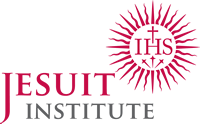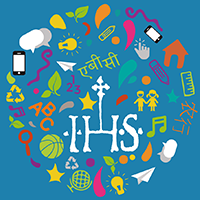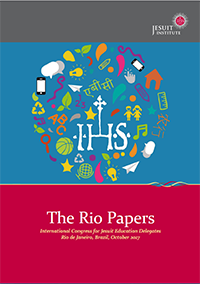| Rio 2017 International Congress of Jesuit Schools |
| JesEdu Rio 2017 | ||
In October 2017, the Jesuit education delegates, who have responsibility for Jesuit schools across the world, came together in Rio de Janeiro. Between them they represented 845 Jesuit schools worldwide, together with 1,300 Fe y Alegría schools and 175 schools and educational projects of the Jesuit Refugee Service – some 2½ million students on six continents. The congress was very aware of the worldwide reach of Jesuit education and its potential to do even more for the greater glory of God and the common good. The congress was addressed by Fr Arturo Sosa SJ, elected Superior General of the Jesuits in 2016. Fr General set out six challenges for the delegates to reflect upon. From the congress came thirteen action points which every Jesuit school is now asked to reflect upon, discuss and, according to local needs and resources, to act upon.
|
||
| The Rio Papers | ||
This booklet from the Jesuit Institute collects together papers from the Rio congress: 1 An introduction to the Rio congress
Printed copies of The Rio Papers are available from the |
||
| Rio Logo | ||
| These Rio logos may be useful in developing and branding school resources. Click on thumbnails to open hi-res images. | ||
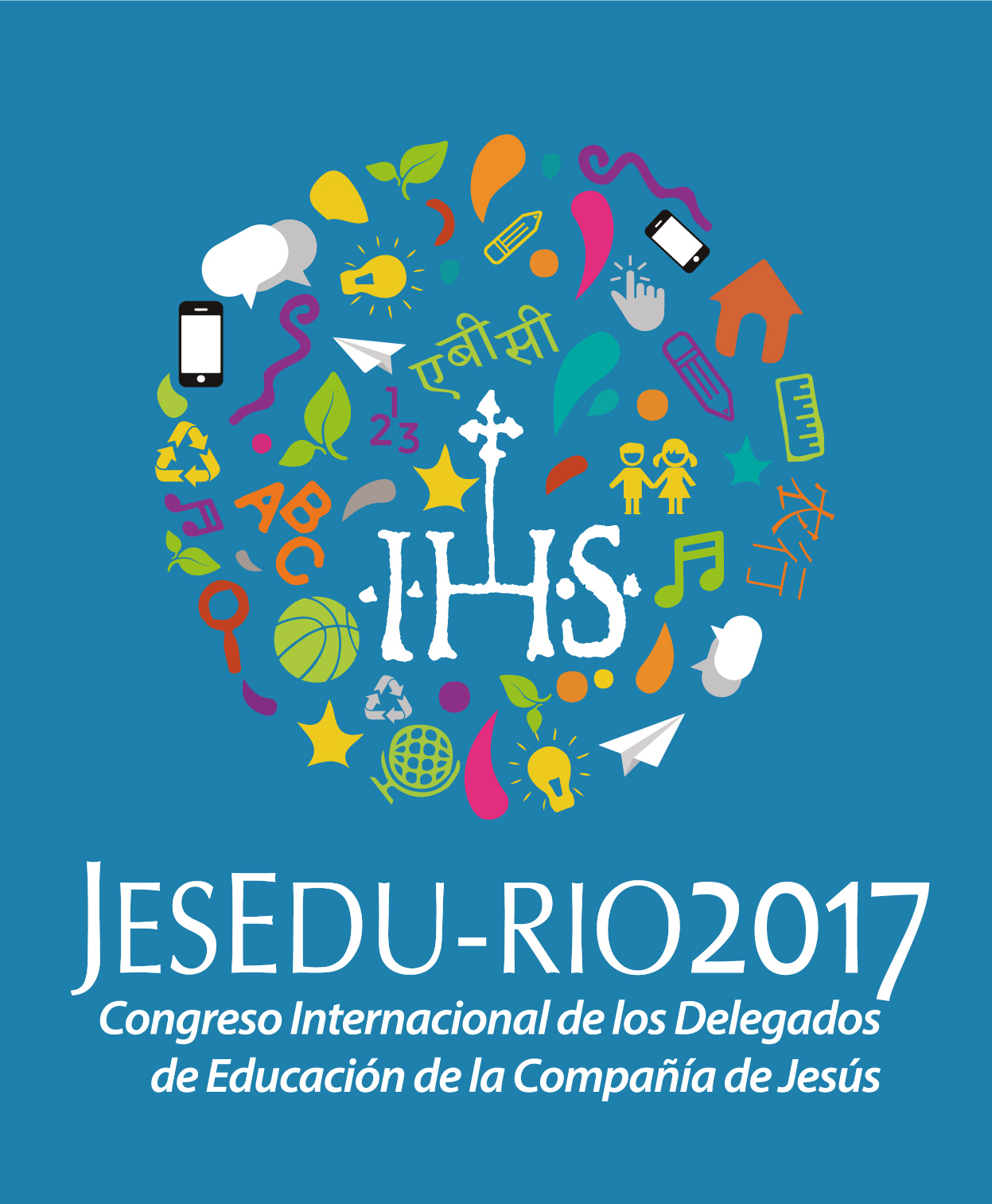 |
JesEdu-Rio 2017 Logo Blue 1 Rio logo with blue background The blue colour used in these logos is: |
|
 |
JesEdu-Rio 2017 Logo Blue 2 Rio logo with blue background |
|
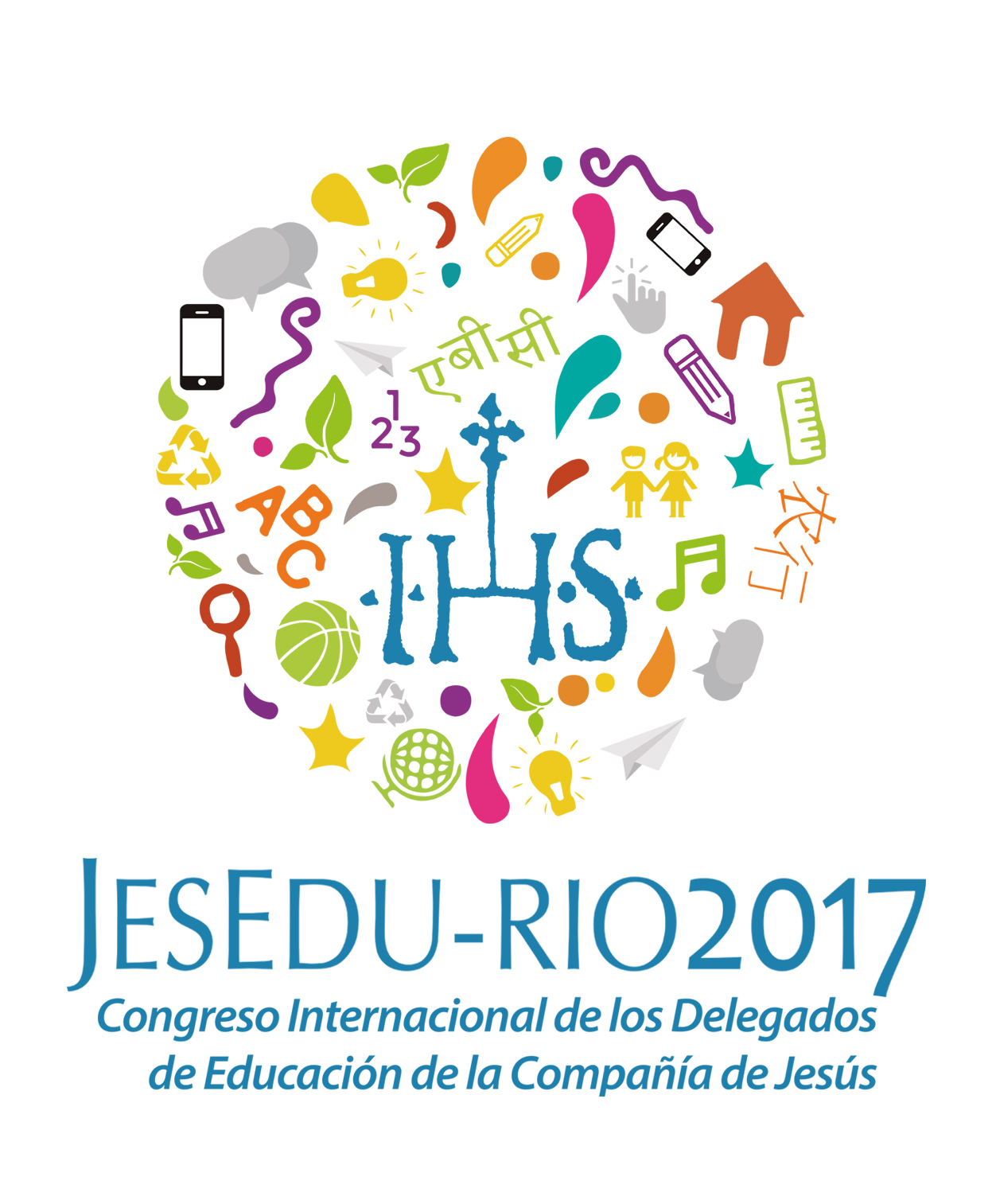 |
JesEdu-Rio 2017 Logo White 1 Rio logo with solid white background |
|
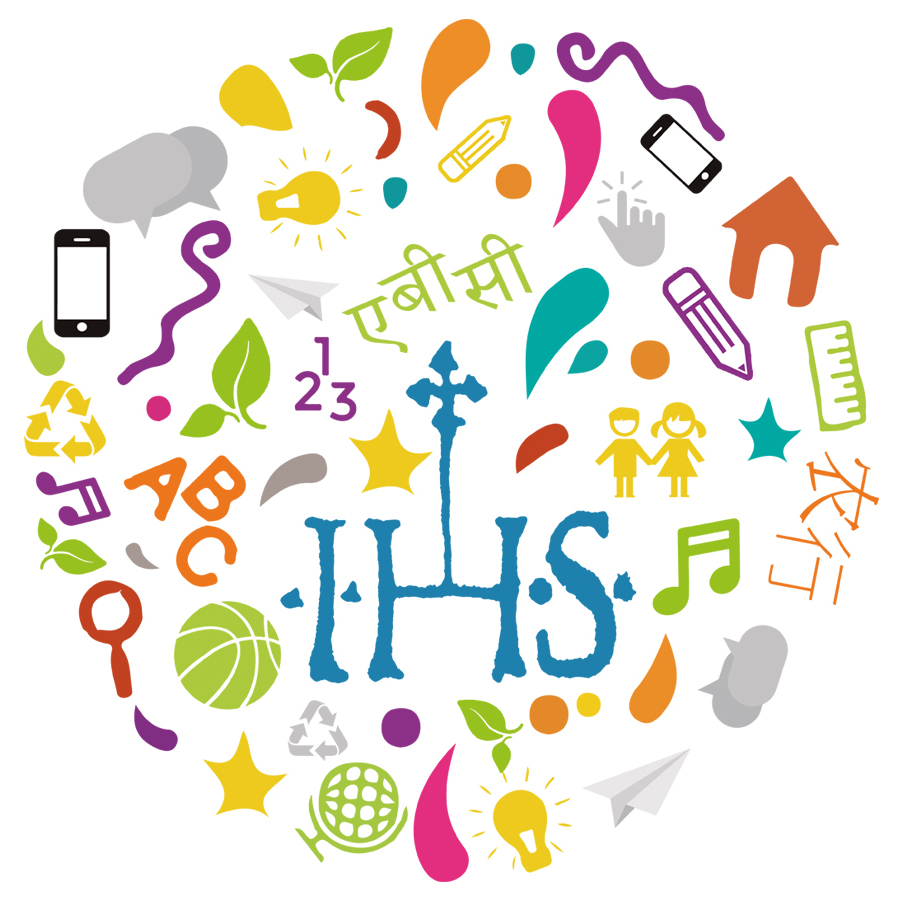 |
JesEdu-Rio 2017 Logo White 2 Rio logo with solid white background |
|
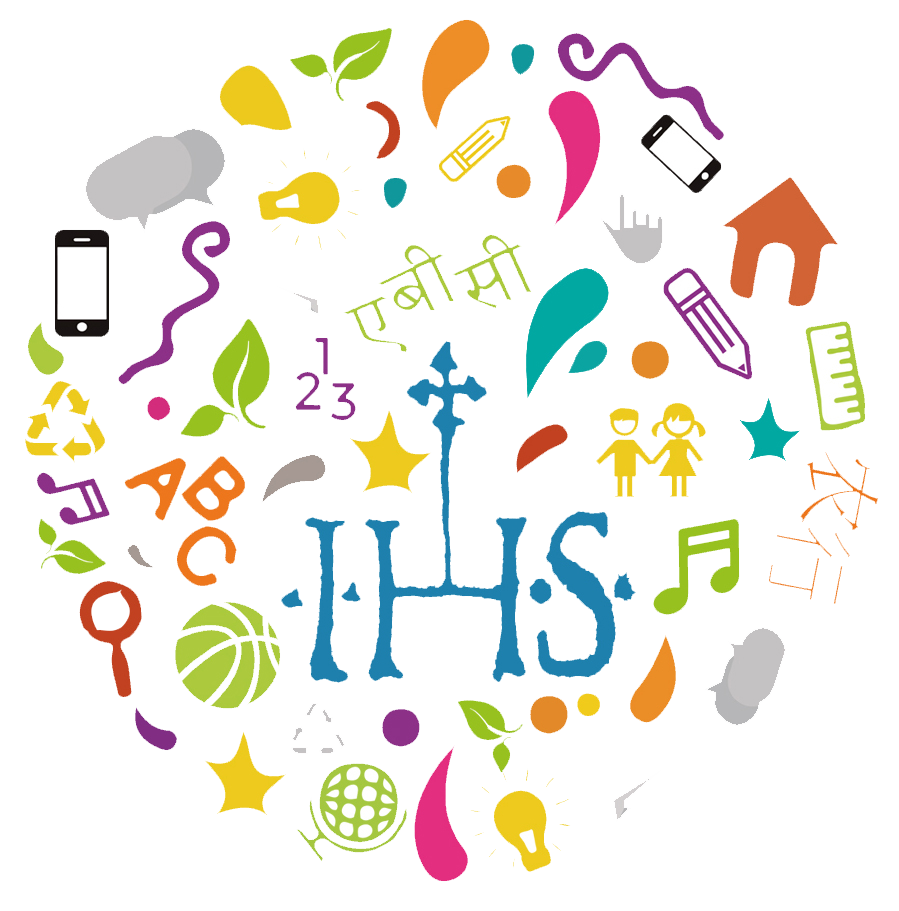 |
JesEdu-Rio 2017 Logo Transparent Rio logo with transparent background |
|
| PowerPoint Slides: An Introduction to Rio | ||
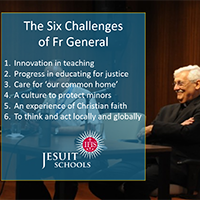 |
Here are some PowerPoint slides which may be useful for developing your own presentation on the Rio action points. |
|
| Examen | ||
 |
The Rio Action Plan calls for "the delegates [to] commit to promote the Examen of Consciousness in each of the schools to help students listen to their inner voice and learn the path of interiority." |
|
| Educate Magis | ||
 |
EducateMagis has a section dedicated to the Rio congress and subsquent resources:
|
|
| Rio Action Points | ||
In response to the six challenges of Fr General, the Rio Congress proposed 13 action points for Jesuit schools worldwide to respond to in their development plans over the next five years: 1. The delegates commit to promote the Examen of Consciousness in each of the schools to help students listen to their inner voice and learn the path of interiority. 2. The delegates commit to work with the schools to ensure a module (or some such unit of the curriculum) of interreligious education is implemented. This module should allow students to learn about and from the world´s religions and respect the various ways religions express and celebrate the divine. 3. The delegates commit to find ways in which Ignatian spirituality (cf. the Spiritual Exercises) can be actively adapted to the school setting so that students learn the habit of stillness and the practice of discernment. 4. The delegates commit to engaging a process of Ignatian discernment that will lead to a plan of innovation for each school and a periodic review that corresponds to the local context and our tradition. 5. The delegates commit to reviewing with schools the traditional organizational structures and roles with a particular regard for gender stereotypes and gender inequalities. 6. The delegates commit to working with the schools to enhance the way parents and families are invited into our education and formation. 7. The delegates commit to urge the schools to reflect on the nature of human holistic excellence (the 4Cs) so that academic success can be understood in its proper context. The delegates also commit to urge the schools to reflect on traditional notions of success and failure in the lives of our students. 8. The delegates commit to promoting an environmental and social policy for each of our schools and to proposing ways regional networks can clearly integrate justice, faith, and care for the environment within the curricula of the schools highlighting critical thinking, political awareness, and social engagement – all to be reflected in classroom and school practices. 9. The delegates commit to ensuring that schools have a programme in place that allows students from marginalized and poor sectors of society to participate in a quality education and to ensuring that schools serving the marginalized and poor reach beyond their experiences to build bridges with other people and communities. 10. The delegates commit, during their school visits and reviews, to assessing and developing the level of regional and global networking cooperation that exists. 11. The delegates commit to including in new faculty and staff training programmes an understanding that faculty and staff are joining a global network and that they have a role to play in animating it. 12. The delegates further commit to working with the schools´ leadership to oblige all faculty and staff be formed in global citizenship so that they can help students understand their future as global citizens. 13. The delegates commit to making Educate Magis an integral tool and resource in the schools to help animate their global dimension. |
||
